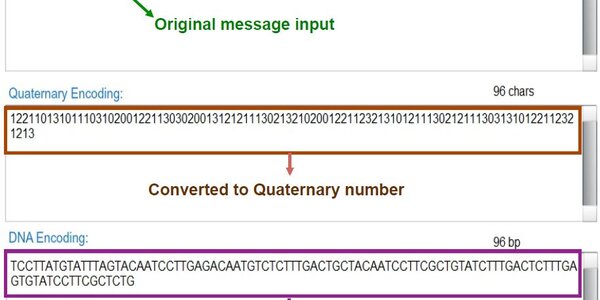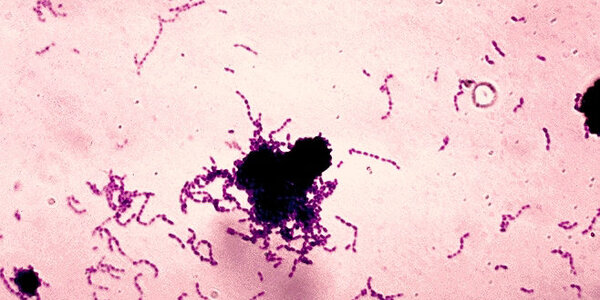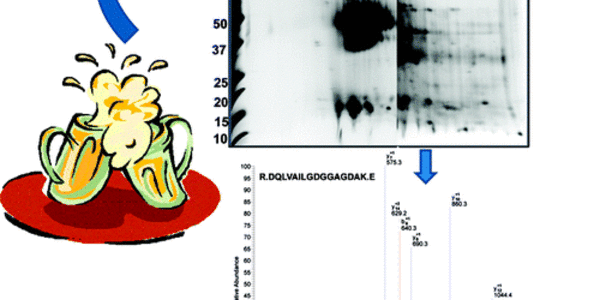Your next hard drive - bacteria
DNA computing and storage has been on the horizon for most of this decade but never gone beyond the intellectual exercise stage. Storage limitations were far too small to merit applied science efforts so it was clever but that was the extent of it.
That may not be the situation for much longer. GenomeWeb reports that a research team from the Chinese University of Hong Kong has encrypted and stored a hefty 90GB of data in one gram of bacteria, creating what they are calling a "massively parallel bacterial storage system."
And, in case you are worried about someone hacking your…



